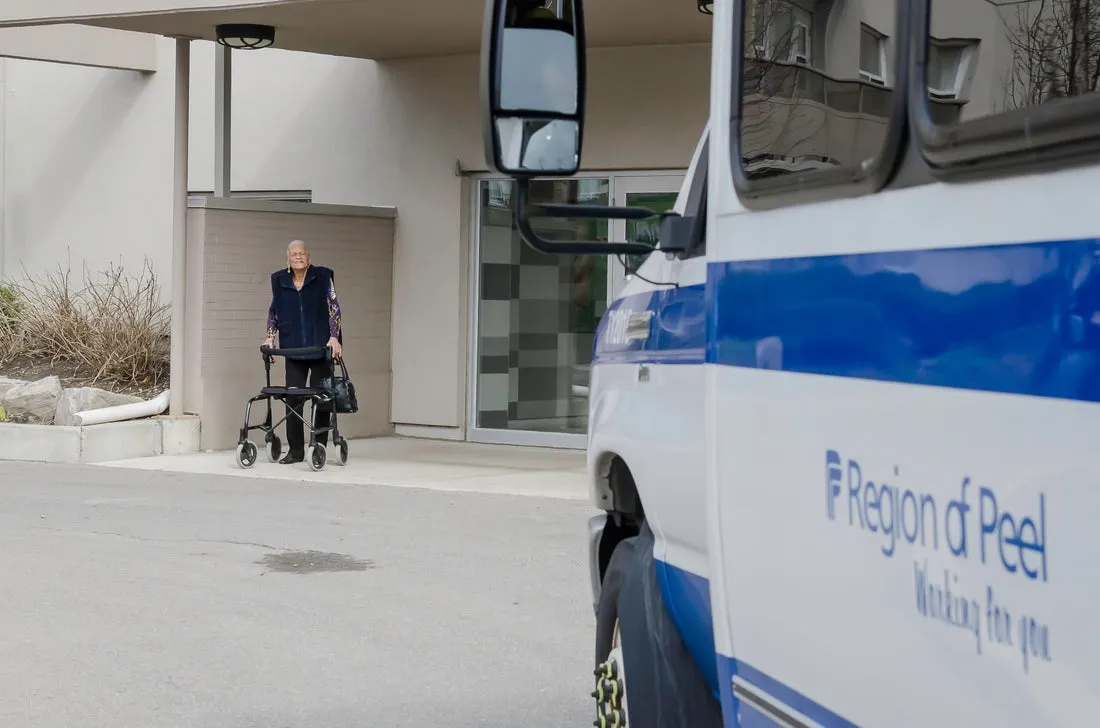Rail technology company Bombardier Transportation is to supply Metrolinx, the Province of Ontario's regional transportation agency for the Greater Toronto and Hamilton Area (GTHA), with an additional 125 next-generation Bombardier BiLevel commuter rail cars for service with GO Transit in Toronto. The order is valued at US$328 million and production is scheduled to start in the second quarter of 2018 with final delivery expected in the first quarter of 2020.
The BiLevel coach is a most popular double-deck
August 4, 2016
Read time: 1 min
Rail technology company 513 Bombardier Transportation is to supply 6394 Metrolinx, the Province of Ontario's regional transportation agency for the Greater Toronto and Hamilton Area (GTHA), with an additional 125 next-generation Bombardier BiLevel commuter rail cars for service with 6218 GO Transit in Toronto. The order is valued at US$328 million and production is scheduled to start in the second quarter of 2018 with final delivery expected in the first quarter of 2020.
The BiLevel coach is a most popular double-deck commuter rail car in North America with over 1,300 currently in operation, or on order with, transit authorities in 14 metropolitan regions across Canada and the United States. These newest generation cars feature upgrades to door and air conditioning systems, increases in energy efficiency, and enhancements to amenities that make the passenger experience even better. This order for additional BiLevel cars will support GO Transit's overall service expansion plan to meet ridership growth.
The BiLevel coach is a most popular double-deck commuter rail car in North America with over 1,300 currently in operation, or on order with, transit authorities in 14 metropolitan regions across Canada and the United States. These newest generation cars feature upgrades to door and air conditioning systems, increases in energy efficiency, and enhancements to amenities that make the passenger experience even better. This order for additional BiLevel cars will support GO Transit's overall service expansion plan to meet ridership growth.









